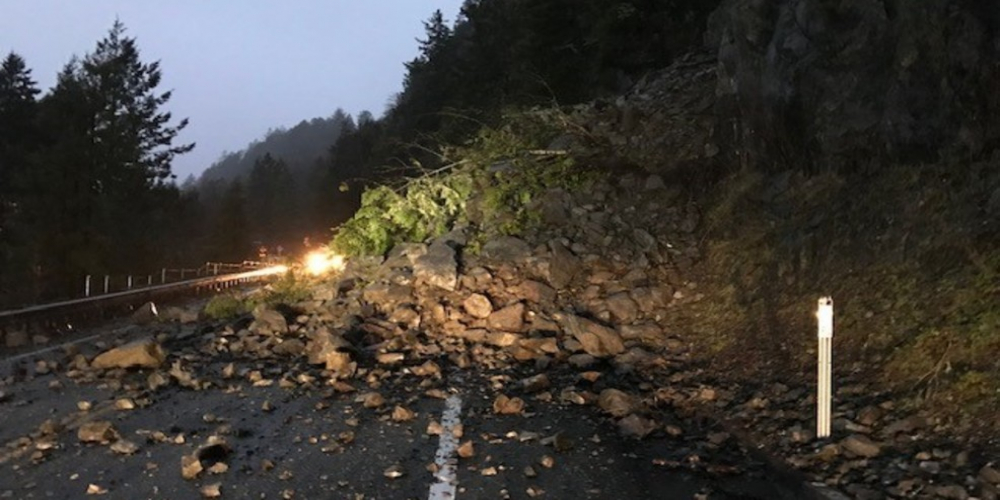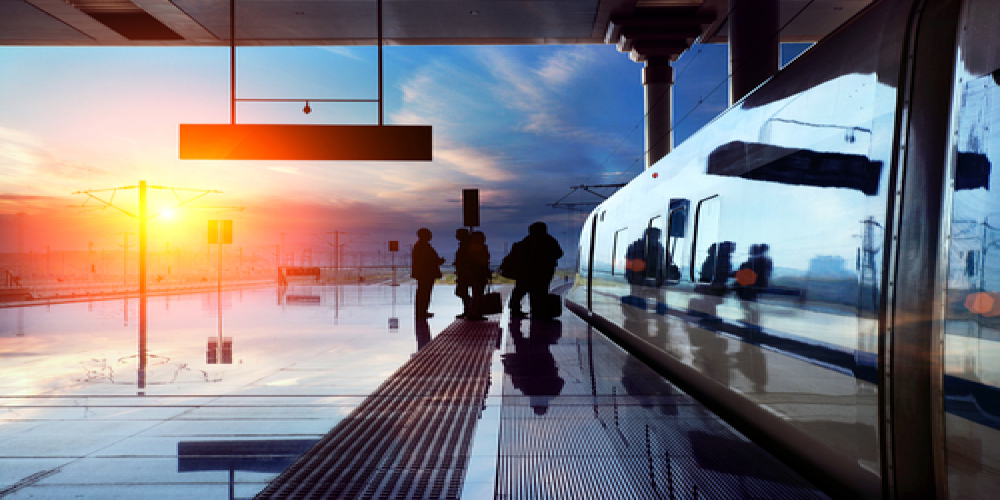Blog
The global spread of COVID-19 and resulting quarantine measures have disrupted manufacturing supply chains and dramatically reduced business and household consumption.
Tags:
#economic-impact
#Resilience
Many MPO’s and state DOT’s are beginning to assess not only their vulnerability to transportation system failures caused by natural disasters and weather-related events, but also the wider economic consequences of potential future infrastructure system failures. As such events may increase in frequency with aging facilities and climate change, understanding the economic consequences of these events should be at the core of any resiliency analysis.
Tags:
The advertisement of Amazon searching for a new location for its headquarters has brought to the forefront the specific search criteria that the company is using to evaluate potential locations. In response to this advertisement, the New York Times wrote an article, "Dear Amazon, We Picked Your New Headquarters for You," applying their search criteria, including economic data, to estimate which city has the highest likelihood of being selected.
Tags:
On June 17th, 2013 a WSJ article entitled “Rail Safety and the Value of a Life[1]” highlighted the financial struggles that regional transit transportation authorities are facing to address safety concerns: both avoiding train crashes and improving deteriorating bridges. A federal requirement to install anti-crash gear (Positive Train Control – PTC) for all transit systems that carry over 564 million passengers by 2015 is currently being discussed by the Senate Commerce Committee. While there is debate over prioritizing schedules of investing in PTC versus the backlog of needed bridge renovations, it highlights the urgent need for overall additional investment in transit infrastructure
Tags:



